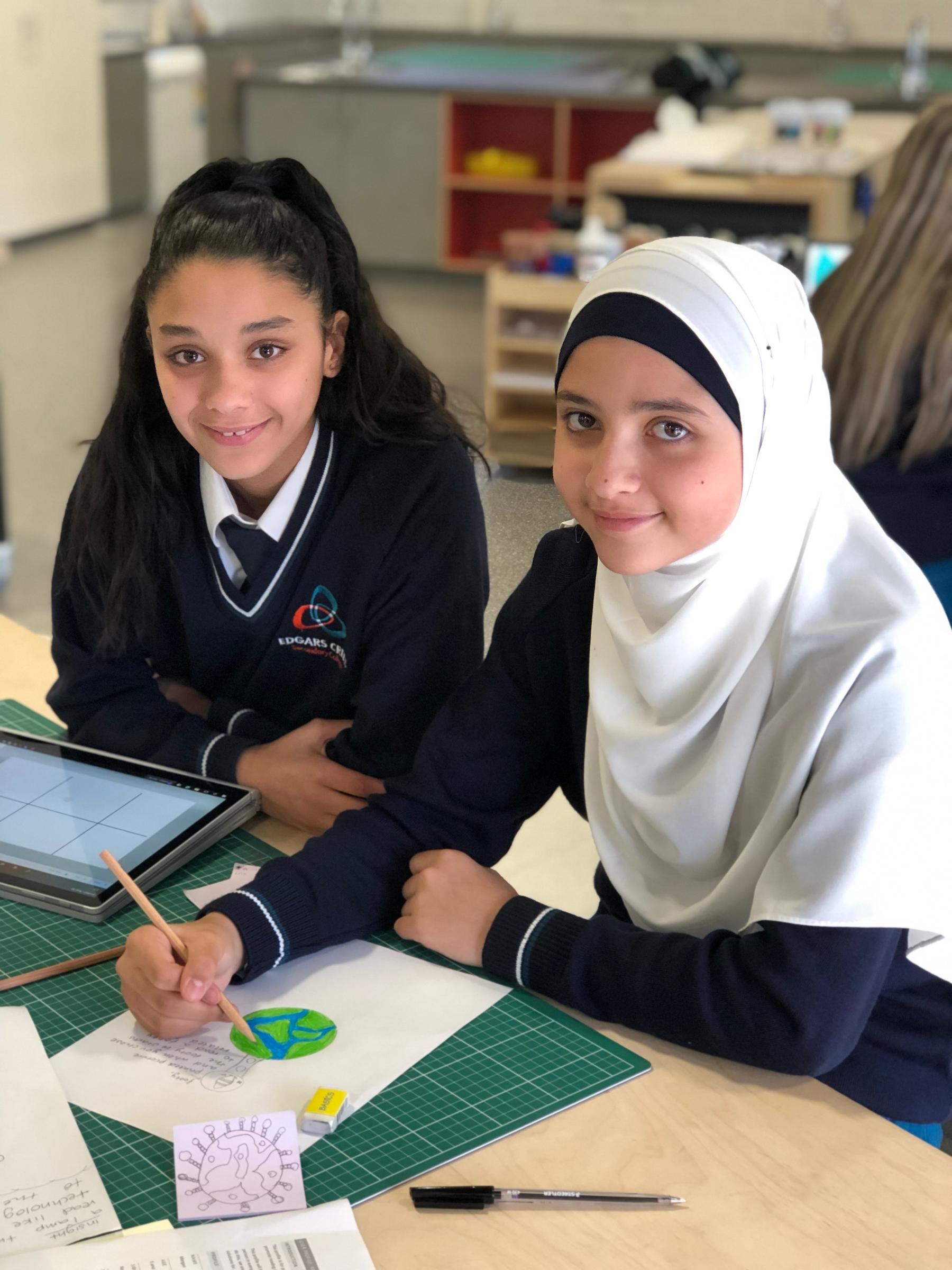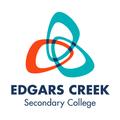Reporting and assessment

Semester 1 reports:
Common Assessment Tasks
This week, students and families will be receiving the first end of Semester reports for 2019. These reports are available to download via Compass and will give feedback about your child’s learning so far this year. This semester we are making the reports available to both parents and students to encourage you to sit down together and have a conversation about achievements, learning growth and to set goals together before semester 2 begins.
One feature of these reports are the Common Assessment Task results which appear across all subjects for the majority of students. A Common Assessment Task (CAT) is a specific piece of work designed by teams of teachers within a subject area that all students complete. These are tasks that teachers use to assess the learning growth of each students in the same cohort, across a set of key knowledge and skills. While these tasks are often ‘common’ in terms of the type of task and the whatthey are assessing, the support given to individuals students while working on these tasks can be different. In teaching this type of supported learning is known as scaffolded learning. Much in the same way scaffolding on a building site supports a structure that is being worked on so that it does not fall apart, scaffolded learning opportunities allow students to continue to grow without feeling like a task is unachievable for them.
Mia, Hala and Jessica from 8D explain Common Assessment Tasks from their perspective.
Mia: “Common Assessment Tasks help us to see how much we have learnt about a topic and to see how much we have grown. It is really a summary- we can put our results to use later on. I’ve got results back and realised what
I ‘ve done wrong and know what I need to do to be better next time”
Hala: “I wrote my English poetry CAT on the topic of Pollution and received 63%. It made me feel really happy and proud of myself. I know I could’ve gotten a higher grade by focusing more in class and listening to the teacher explanation of the task”.
Jessica: “When I get a lower CAT result it makes me feel a little upset because I know that I do know more. Knowing that I did the best I could does help me to move forward. A CAT result isn’t everything”.
So how do parents and students make sense of CAT percentage scores? Here are some key things to keep in mind when talking about achievement:
- A CAT in Secondary school is a very new experience for Year 7 students and can take some time getting used to.
- A CAT can be anything from a written piece of work, to a cooking or science practical assessment. It could be a catch and throw task in PE or test of knowledge and skills in Science, Maths or Spanish. At ECSC we understand that students have different strengths and so try to ensure we are presenting assessments in a variety of ways.
- A CAT result may be a snapshot of how a student performed on a given day- particularly in the case of tests or practical assessments. A low result does always not mean that the student has not understood what they have learnt but simply that they struggled to communicate what they knew, or could do, on the day.
- Some CAT activities span over days or even weeks and require students to have strong time management and independent study skills- skills that are often still developing for students in the middle years.
- Student absence can have a huge impact on a CAT result. It is very important that students who are away make sure they communicate with their teachers and catch up on missed work and assessment tasks when they return.
The most effective way to understand your child’s CAT results is to have an open conversation with them about it. They know themselves as learners and will be able to fill in those gaps for you- and remember, they are still at the beginning of their Secondary school journey. We asked our 8D students what they wanted their families to understand about their CAT results come report time.
Mia: “I want my family to know that they are topic based and are not supposed to sum up everything we might know”
Hala: “I want them to know that I always try my hardest despite my results”
Jessica: “I’d like them to know that the result is not reflective of all the work I have done- I do know more”
While results are important, we do not talk about students passing or failing a CAT. At ECSC we centre our conversations around student learning growth and use CAT results with the students to plan the next steps for learning.
Taryn Godley

